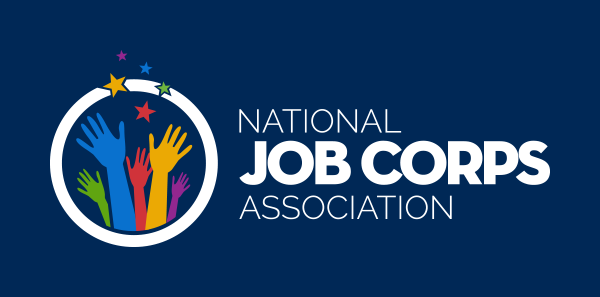Content
Especially the hangover symptoms nausea, headache, and fatigue have been suggested to be mediated by changes in the immune system. The concentration of several cytokines have been found to be significantly increased in the blood after alcohol consumption. These include interleukin 12 (IL-12), interferon gamma (IFNγ) and interleukin 10 (IL-10). Some pharmacological studies such as on tolfenamic acid and Opuntia ficus-indica have also indicated an involvement of the immune system. These studies suggest that the presence and severity of hangover symptoms can probably be reduced by administration of a cyclooxygenase inhibitor such as aspirin or ibuprofen. Beverage-specific effects of additives or by-products such as congeners in alcoholic beverages also play an important role.
- While you may not immediately feel these cognitive effects, they make you much more dangerous behind the wheel of a vehicle and at work.
- The reason some people drink and the consequences of excessive drinking are linked with mental health.
- What many of us tend to forget when we’re out getting drunk is that the rate at which you drink affects how drunk and hungover you get, she says.
Consider alternating a non-alcoholic drink with each alcoholic beverage. It will give your body more time to digest the alcohol, reducing hangover symptoms. Most hangover symptoms disappear independently after your blood alcohol concentration drops significantly.
Get enough sleep
Here are 5 signs that you are suffering from bad hangover, the science behind your symptoms, and what you can do to fight them. Alcohol increases the production of stomach acid and delays stomach emptying. Any of these factors can cause abdominal pain, nausea or vomiting. Tolfenamic acid, an inhibitor of prostaglandin synthesis, in a 1983 study reduced headache, nausea, vomiting, irritation but had no effect on tiredness in 30 people. Alcohol also induces the CYP2E1 enzyme, which metabolizes ethanol and other substances into more reactive toxins. In particular, in binge drinking the enzyme is activated and plays a role in creating a harmful condition known as oxidative stress which can lead to cell death.

Like alcohol, coffee is a diuretic, causing dehydration. Drinking coffee to cure a hangover will intensify your dehydration. Finally, you’ll probably have a wine headache, from dehydration. Giving a person plenty of water is crucial because it will reduce the chances they become completely dehydrated. Because alcohol poisoning is a dangerous condition, it often requires medical attention instead of waiting for the symptoms to pass like a hangover. If you think that you might suffer more than your friends after a night out, you might be right, and there is probably a reason behind it.
How does alcohol affect the brain and the rest of the body?
Depending on different how long can a hangover last, a hangover usually lasts around 24 hours after drinking. If you must drink, it’s best to limit your alcohol intake. Treatment options are also available for those suffering from alcohol addiction.
Know your limits and only drink in moderation.Decide ahead of time how many drinks you’ll have—and stick to it. Keep in mind that it is important to minimize the use of Tylenol when drinking alcohol , as the combination can harm the liver. Hangover headaches are common enough, but they can have an impact on daily life.
When does a hangover need emergency care?
Some sources indicate there is no evidence that any treatments for hangovers are effective. We provide on-demand, concierge IV hydration; a fast, convenient, and effective treatment to help you feel and look your best. Eating can help ease your symptoms and put you on the road to recovery.
In addition to ethanol and water, most alcoholic drinks also contain congeners, either as flavoring or as a by-product of fermentation and the wine aging process. While ethanol is by itself sufficient to produce most hangover effects, congeners may potentially aggravate hangover and other residual effects to some extent. Congeners include substances such as amines, amides, acetones, acetaldehydes, polyphenols, methanol, histamines, fusel oil, esters, furfural, and tannins, many but not all of which are toxic. Different types of alcoholic beverages contain different amounts of congeners. In general, dark liquors have a higher concentration while clear liquors have a lower concentration.
Mythical Hangover Cures that won’t Actually Help
When ADH production is affected, you may experience a more frequent urge to urinate. If your hydration levels are low, it can lead to a headache or nausea, which characterize dehydration caused by alcohol consumption. According to a recent study, the average duration of an alcohol hangover is 18 hours after stopping drinking or 12 hours after waking up.4 However, several factors influence this timeline. So, how can you tell if your marathon hangover needs medical attention? Dr. Halpern says if you’re still having severe diarrhea, or you continue to vomit and can’t hydrate yourself, then you should see a doctor.


 JOB CORPS
JOB CORPS